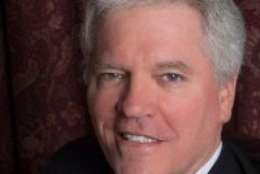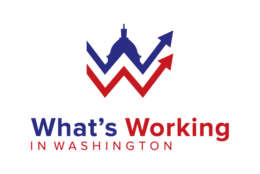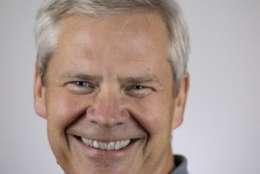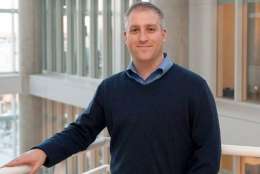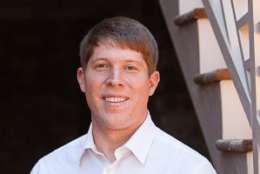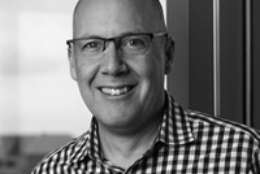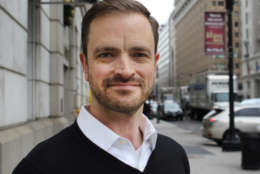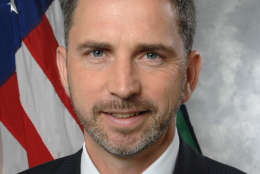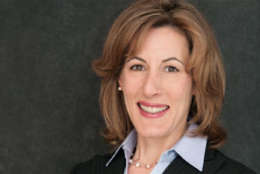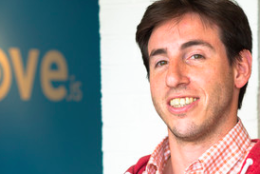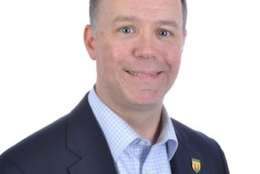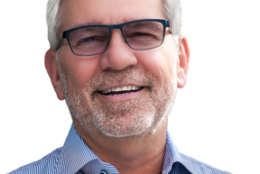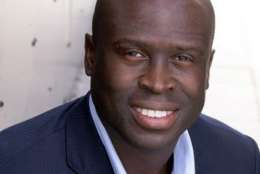What's Working in Washington
-
Mark Walsh, former head of the Office of Innovation and Investment at the Small Business Administration, shares his predictions on 2018. Walsh is a local angel investor and one of the pioneers of the modern internet.
January 01, 2018 -
Topics include the investment “donut hole”, D.C.’s seed-stage investor ecosystem, forging your own personal connections, and the changing D.C. market.
December 18, 2017 -
The region has a wealth of innovators and inventors. In both private and federal labs, it’s easy to imagine thousands of fantastic inventions ready to be part of the next big company, but the transition isn’t always easy, and not all inventions are created equal. When it comes to inventions built in labs across the D.C. region, “the idea is that you would ultimately commercialize them and bring them to the market, and someone would use them,” said Bob Smith, Director of the Innovation Commercialization Assistance Program of Virginia at George Mason University.
December 15, 2017 -
Fosterly is once again conducting a startup census, with a form that is now easier to use, according to Adam Zuckerman, founder of Fosterly. Fosterly collaborated with research experts from Virginia Tech to increase the scientific rigor of the 2017 census. The census report is a collaborative effort with commentary and analysis provided by some of our region’s leading subject matter experts.
December 13, 2017 -
Ross Baird, founder of Village Capital, believes that venture capital isn't doing a good job of getting new ideas to society. In his new book, The Innovation Blind Spot, Baird explains that the industry could do more to spur innovation.
December 11, 2017 -
“I think a lot of us can tell, one, if someone’s getting paid to talk about something, two, if they actually care about it, and three, if this is actually the full story,” said Clark.
December 08, 2017 -
“We have always worked hard to kind of maintain this Switzerland role. If we’re not trying to get somebody to enroll in a coding school, or trying to get them to take a job somewhere, we’re pure. We can actually offer them information, content, network, all these things that benefit them and their careers, without being conflicted, without needing to sell them anything,” said Erickson. Instead, Modev is funded by sponsors. Thus, it’s seen as a trusted resource, and is better able to build real communities.
December 06, 2017 -
Despite being one of the wealthiest areas in the United States, the D.C. region is still a tough place for startups to raise growth capital. Crowdsourcing might be able to fix that.
December 04, 2017 -
The thing that makes this region special, said Tangherlini, is its diversity. “I think the fact that we are a place that welcomes strangers, both nationally and internationally, gives us the opportunity to pick from the world’s best ideas, to experience the world’s culture,” he said.
December 01, 2017 -
“‘Managing up’ is a huge skill that everybody needs, regardless of where you are in your career… it’s not brown-nosing, it’s not sucking up,” says author Mary Abbajay.
November 29, 2017 -
Cove opened its sixth coworking space in Dupont Circle this month. The new 5,000 square foot office is just the latest in the D.C.-based company’s innovative work spaces.
November 27, 2017 -
Topics: how investment trends shape cybersecurity, the transition from public to private sector, how cyber talent flourishes in the D.C. area, changes in the industry under the new administration, and the dangers of poorly-secured internet of things devices.
November 20, 2017 -
Rob Terry, senior writer with the Washington Business Journal, identifies some surprising trends in local business news.
November 17, 2017 -
More proof that entrepreneurs come to Washington to start something, and to have a real impact.
November 15, 2017 -
In the private sector, it’s universally accepted that professional development is one of the responsibilities of an employer. The public sector, however, is only just catching on. Professional leadership coach and founder of EKAnomics, Ebong Eka works with the public sector because “it’s one of the largest employers -- not only in this area, but I’d venture to say in most of the country.”
November 13, 2017

